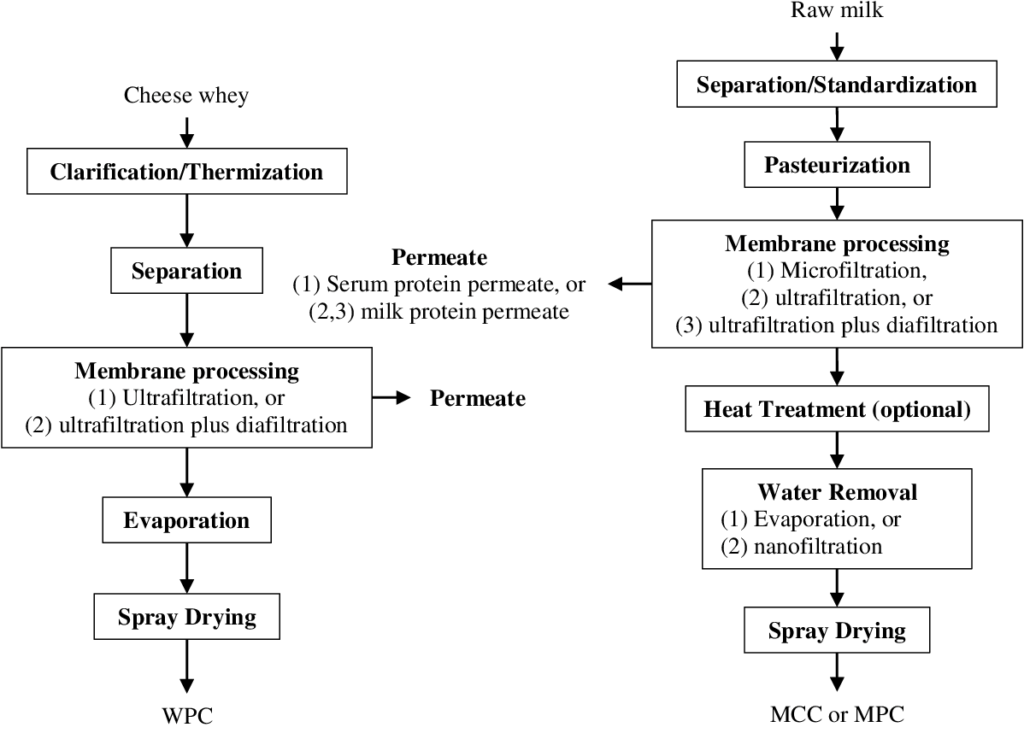
Milk Protein Concentrates In Bars
High-protein nutrition bars and other shelf-stable, intermediate moisture foods often harden to unpalatable levels during storage; however, a new study published in the Journal of Food Science suggests adding ground extruded milk protein concentrates (MPC) with 80 percent protein can enhance the texture and other sensory attributes of high-protein nutrition bars.
In a previous experiment, high-protein nutrition bars created with extruded MPC hardened more slowly than bars formulated with unmodified MPC. Hardness, and its variation during storage, do not, however, adequately characterise the texture of high-protein nutrition bars.

Fig.1. Modified Milk Protein Concentrates in High-Protein Nutrition Bars
When employed, MPC can improve product heat stability and offer solubility and dispersibility. MPCs are useful in dairy-based blends because of their solubility. MPC comes in handy when it comes to foaming and whipping. MPC proteins generate a stable coating of air bubbles at the air/water contact. Meringues, mousses, cakes, ice creams, whipped cream, and soufflés all benefit from this. MPC proteins generate and stabilise fat emulsions at the oil/water interface in sausages and other processed meats, dairy drinks, soups, vinaigrettes, sauces, and bread items. Because of its inner protein structure, an MPC can raise the viscosity of a food product, which is useful in a variety of applications. MPC’s lactose and proteins undergo Maillard browning, giving it a pleasing colour for bakery items like pastries, cakes, and muffins. Because MPC has almost no taste, it allows the other tastes in a cuisine to shine.





